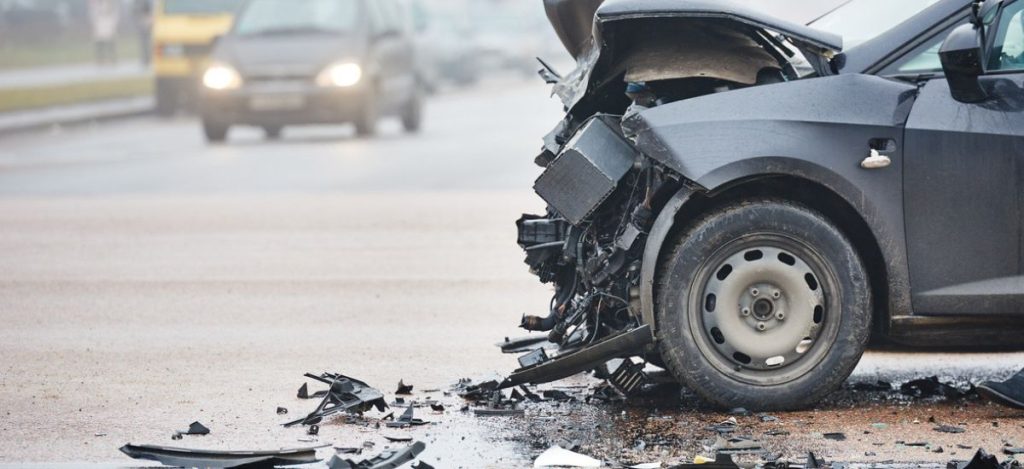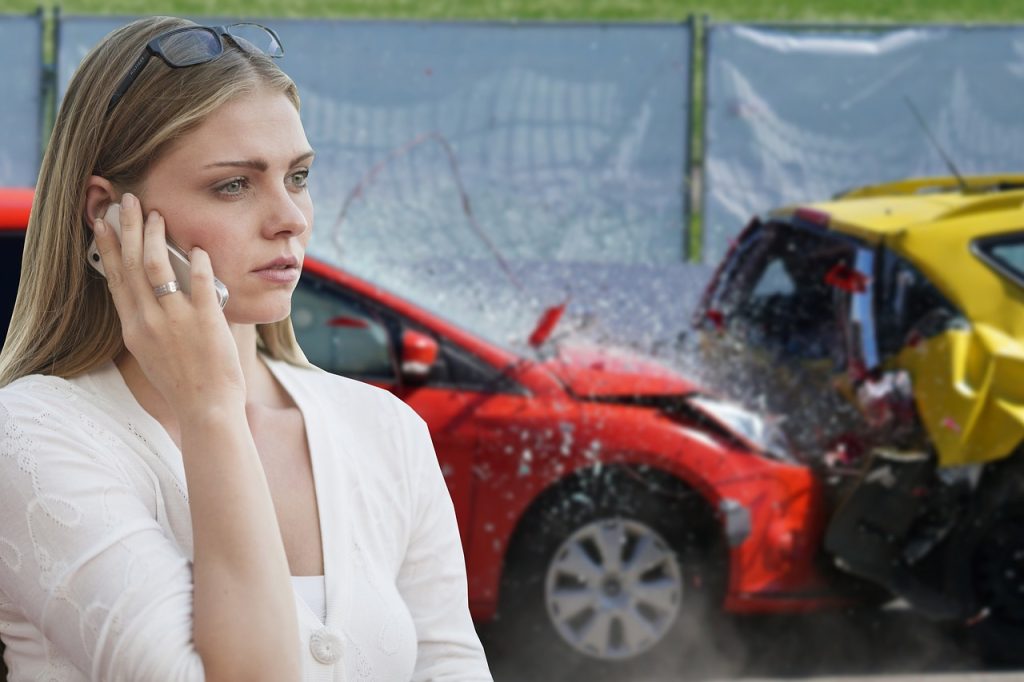The roads of Washington State are steadily evolving, with the increasing presence of self-driving vehicles ushering in a new era of transportation. While promising enhanced safety, these autonomous technologies also introduce new complexities when accidents occur.
If you’ve been injured in a car crash caused by a self-driving vehicle, you’re likely facing legal questions that differ from those in a typical car accident. Autonomous technology adds new layers of complexity — especially when it comes to identifying who is responsible for your injuries and how to recover fair compensation.
What is a Self-Driving Vehicle? Understanding Autonomy Levels
Self-driving vehicles operate on a spectrum of autonomy (SAE Levels 0-5). Most cars today offer Level 0-2 (driver assistance), where the human remains fully responsible. Levels 3-5 involve increasing vehicle control, potentially shifting liability from the human operator. Currently, true Level 4 and 5 vehicles are mostly in testing or limited deployment. The vehicle’s automation level directly impacts those who might be at fault.
Understanding the level of autonomy is important because it affects who may be legally responsible for the accident—whether it’s the human operator or the company behind the technology.
Determining Responsibility: A Complex Task
In an accident involving a self-driving vehicle, you may be entitled to compensation from multiple parties, not just the person in the driver’s seat. Depending on how the vehicle was operating at the time, your attorney may investigate several potential sources of liability, including:
- Human Operator: If a human was required to monitor and failed to intervene or misused the system (relevant for Level 2-3).
- Vehicle Manufacturer: For hardware defects (sensors, brakes).
- Software Developer: If a software error caused the crash.
- Component Manufacturer: If a third-party part was defective.
- Fleet Operator: If a company deploys the vehicle (e.g., robotaxi service).
Washington’s comparative negligence rules mean fault can be shared among multiple parties, making these claims multifaceted.
Common Defenses Used by Autonomous Vehicle Companies
If you’ve been hit by a self-driving vehicle, it’s important to understand how the companies behind that vehicle may try to avoid liability. These entities — whether they are manufacturers, tech developers, or fleet operators — often employ sophisticated legal defenses to shift blame and protect their interests.
Here are some common defenses you might encounter in a self-driving car accident claim:
- Driver Override or Disengagement
The defense may argue that a human operator took manual control before the crash, meaning the vehicle wasn’t operating autonomously at the time. - Unpredictable Human Error
They might claim the vehicle couldn’t have avoided the accident due to sudden, unforeseeable behavior by other drivers—like someone swerving unexpectedly. - “Act of God” Defense
The responsible party may blame weather conditions or other natural events that allegedly made the accident unavoidable, removing fault from both the operator and the technology. - Cybersecurity and External Interference
Some defenses involve blaming outside factors such as hacking, GPS interference, or signal jamming that may have disrupted the vehicle’s sensors or software. - Misuse or Operational Errors by a Third Party
Companies may argue the vehicle was used outside its intended purpose, by someone not authorized or without proper maintenance protocols in place.
These defenses are often backed by powerful legal teams and require a detailed, evidence-based rebuttal. This is why it’s critical to preserve data, secure accident scene records, and work with legal professionals who understand how to challenge high-tech defense tactics.
Legal Steps and Seeking Compensation: Autonomous Vehicle Accident Settlements
Pursuing autonomous vehicle accident settlements involves complexities beyond a typical car crash. The damages sought are similar: medical expenses, lost wages, pain and suffering, property damage, and potentially future care costs. However, proving who is responsible for these damages requires unique considerations:
- Data Collection: Autonomous vehicles generate vast amounts of data (sensor logs, GPS data, black box recordings, software logs). Obtaining and analyzing this data is crucial for understanding what the vehicle “saw” and how it reacted. This often requires subpoenas and collaboration with forensic engineers.
- Regulatory Framework: The regulatory landscape for self-driving cars is still evolving. Arguments may involve adherence to testing permits, safety protocols, and industry standards.
- Product Liability vs. Negligence: Your claim might involve elements of traditional negligence (if a human operator was at fault) combined with product liability (if the technology was defective).
- Multiple Parties: The lawsuit may involve multiple defendants, including the vehicle manufacturer, software developer, and human operator.
For example, black box data may reveal that the vehicle failed to detect a pedestrian in a crosswalk pointing to a software defect or sensor failure. Navigating these challenges requires a legal team with a forward-thinking approach to accident law.
How a Vehicle Accident Attorney Can Help
If you’ve been involved in a collision with an autonomous vehicle, seeking guidance from a knowledgeable vehicle accident attorney is crucial. At Ron Meyers and Associates, our team of car accident attorneys understands the complexities emerging with self-driving technology and is prepared to:
- Investigate Thoroughly: We work to preserve crucial data from the autonomous vehicle, analyze accident reports, and consult with forensic experts to determine the true cause of the crash.
- Identify All Liable Parties: We meticulously identify all potentially responsible entities, from the human operator to the vehicle manufacturer and software developer.
- Counter Complex Defenses: We are prepared to address self-driving car accident legal defenses that may be raised by powerful tech companies and their insurers.
- Negotiate Settlements: We handle all communications and negotiations with insurance companies and corporate legal teams, advocating for a fair autonomous vehicle accident settlement that fully covers your damages.
- Provide Dedicated Representation: Should a fair settlement not be achieved, we are ready to build and litigate your self-driving car accident lawsuit in court, fighting to protect your interests.
Navigating a collision involving autonomous technology is complex, but you don’t have to face it alone. Ron Meyers and Associates is prepared to provide the comprehensive legal support needed to investigate, identify liable parties, counter defenses, and secure the compensation you deserve.
Your Path Forward After an Autonomous Vehicle Accident
The rise of self-driving cars brings exciting possibilities, but also new challenges for road safety and personal injury law. If you’ve been injured by a crash involving one of these vehicles, remember that the complexities of liability should not deter you from seeking justice.
You shouldn’t have to navigate this alone — especially when powerful tech companies are involved. Contact Ron Meyers and Associates for a confidential consultation. We’ll help you understand your rights, gather critical evidence, and fight for the full compensation you deserve after a crash with an autonomous vehicle.








